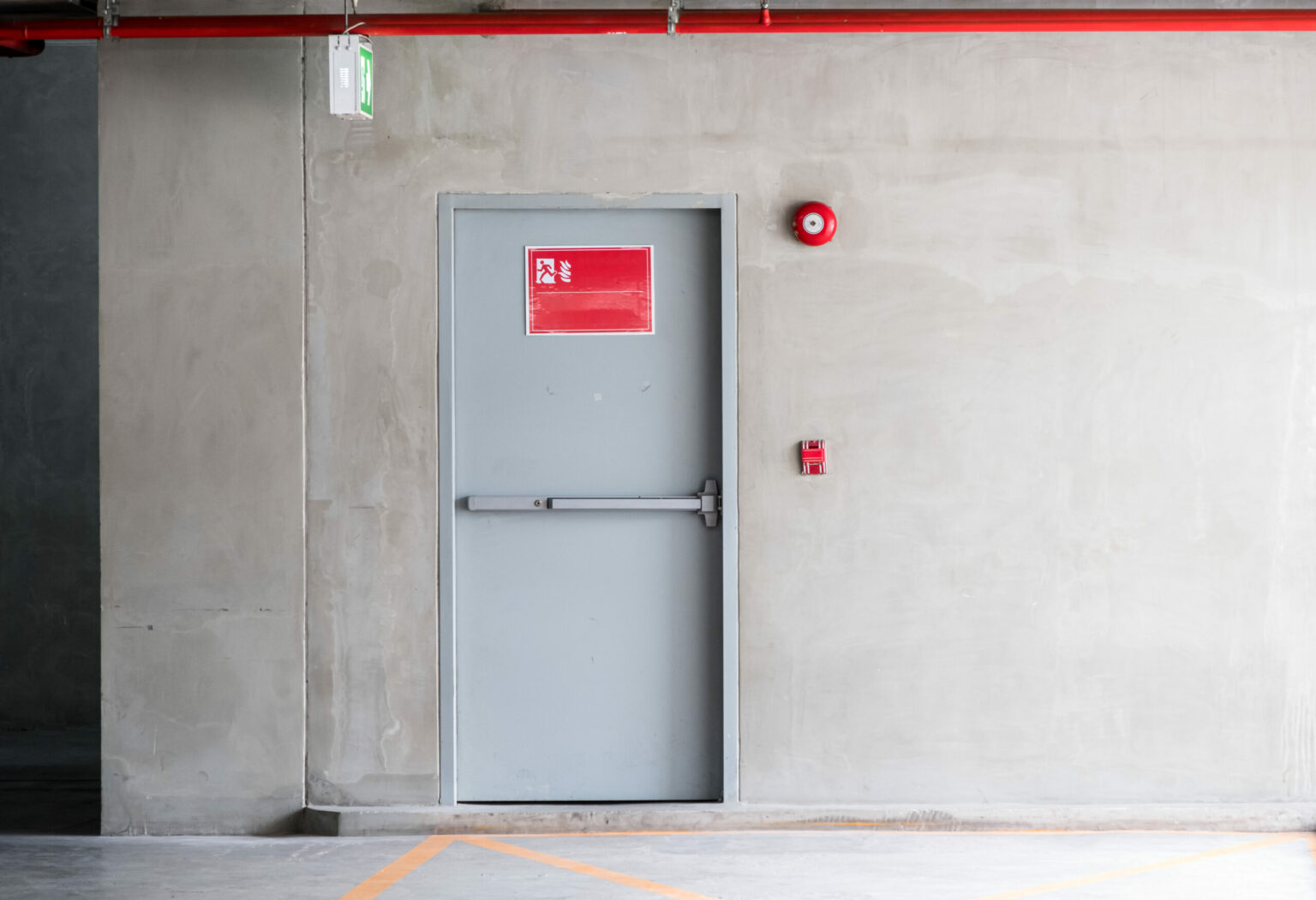Fire door regulation changes to impact UK businesses, says Codelocks
- February 16, 2024
- 10:19 am


Iain Hoey
Share this content
Newbury lock manufacturer discusses regulatory concerns with MP
Codelocks, a lock manufacturer based in Newbury, recently hosted Laura Farris, Newbury MP, to discuss the significant challenges proposed changes to fire door testing requirements pose to UK businesses.
The Department for Levelling Up, Housing & Communities (DLUHC) plans to shift from British Standard BS47622 testing to solely using the European Standard EN1634-1.
This move is expected to bring about adverse effects on UK firms, including potential multi-million-pound costs, job losses, and a reduction in product choices without improving life safety benefits significantly.
Industry and government dialogue
During her visit, Farris toured Codelocks’ facilities, gaining insight into the company’s digital lock solutions and understanding the proposed regulatory changes’ impacts on its employees and broader business operations.
Colin Campbell, Managing Director at Codelocks, expressed concerns about the proposal’s potential effects: “If the proposal goes ahead, then many organisations, including our own, will be unable to specify or sell a significant portion of our products without huge investment in re-testing products that are already approved.
“The consequences for independent hardware businesses in the UK will be substantial, affecting the livelihoods of employees in Newbury and other communities across the UK.”
Costs and consequences for businesses
Douglas Masterson, Technical Manager at the Guild of Architectural Ironmongers (GAI), highlighted the financial burden the changes could impose: “We are trying to protect the interests of UK businesses against a significant industry change.
The typical cost of the new fire test is about £11,000, with many members having to do substantial amounts of re-testing.
It’s clear to see how quickly those costs would add up for independent UK firms while also causing massive delays and disruption.”
The consultation on the proposed changes has received over 270 responses, with the government planning an impact assessment before any legal amendments.
The GAI has argued that there is no evidence the change will enhance fire door safety and could, in fact, lead to less secure fire doors due to value-engineering and reduced specifications.
Proposals for improving fire door safety
“There is broad consensus that the British Standard BS47622 is fit for purpose,” Campbell added, suggesting that introducing mandatory standards or training for fire door installation and maintenance could more effectively address safety concerns.
Research from the Fire Door Inspection Scheme (FDIS) indicates that 75% of fire doors fail to meet required standards, primarily due to issues with fitting, sealing, and maintenance.
Laura Farris MP remarked on her visit, “There are many thriving companies in my constituency, and it was a privilege to visit Codelocks and learn about its business.
“I have heard the potential impacts of the changes to fire door safety regulations and their importance.
“I will help them to raise awareness of this issue as I do with the many local businesses that I represent.”
IFSJ Comment
The discussions between Codelocks and Laura Farris MP shine a light on the impending regulatory changes in fire door testing and their possible ramifications for UK businesses.
With substantial costs, potential job losses, and concerns over product diversity at stake, the dialogue underscores the need for a balanced approach that safeguards both industry interests and public safety.
As the sector awaits the government’s final decision, the emphasis on collaboration and consultation serves as a crucial step towards ensuring that any changes serve to enhance, rather than hinder, fire safety standards across the UK.



